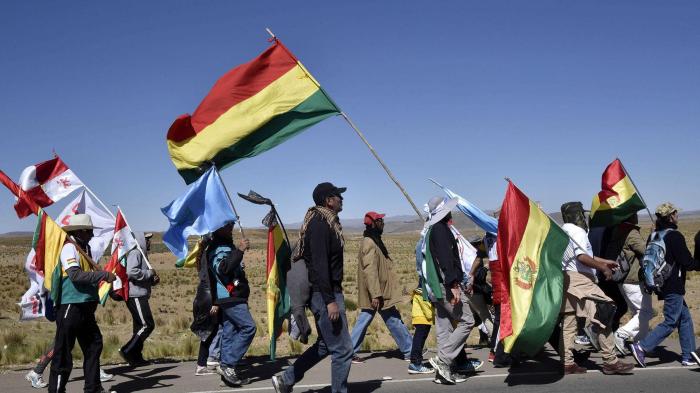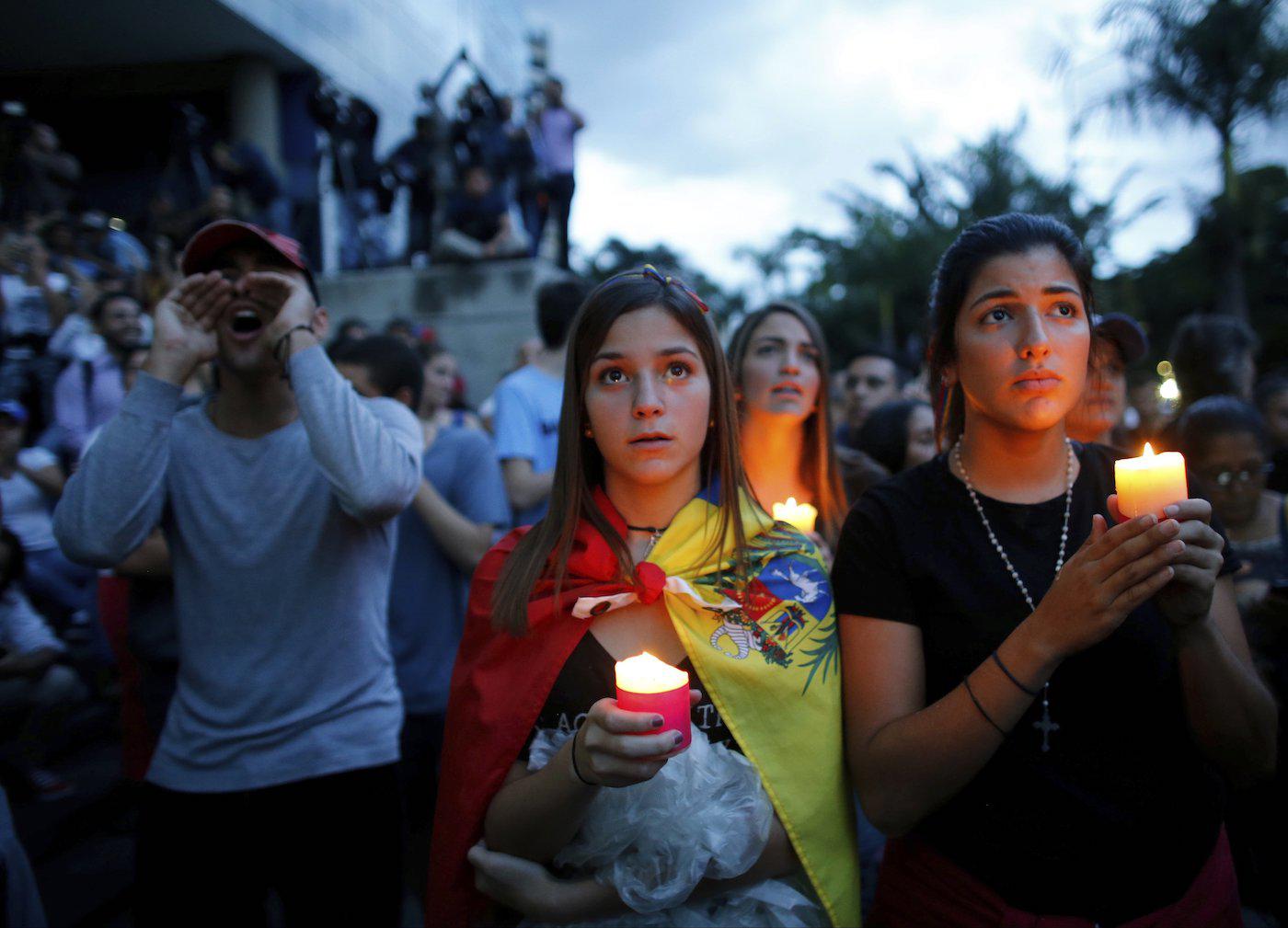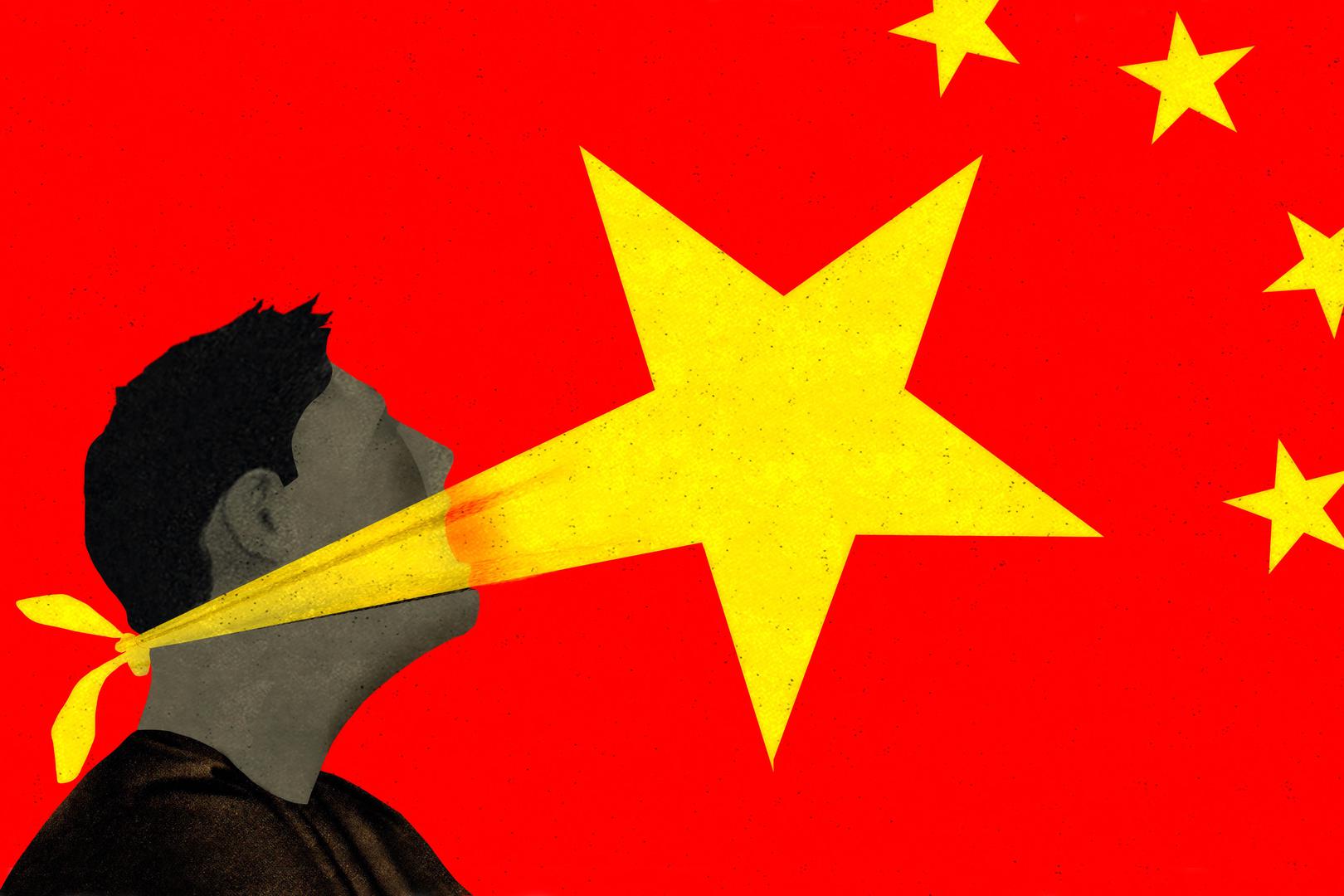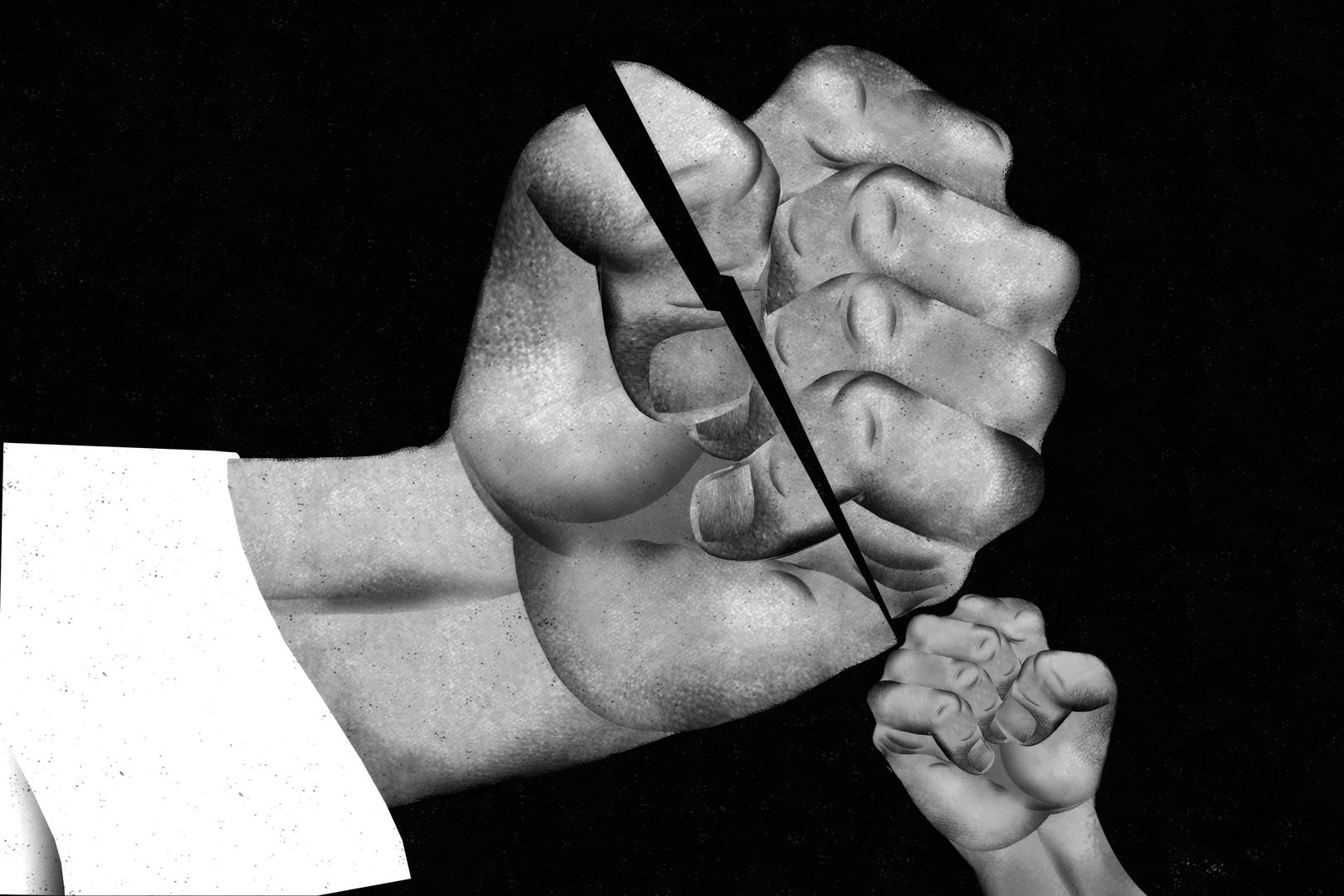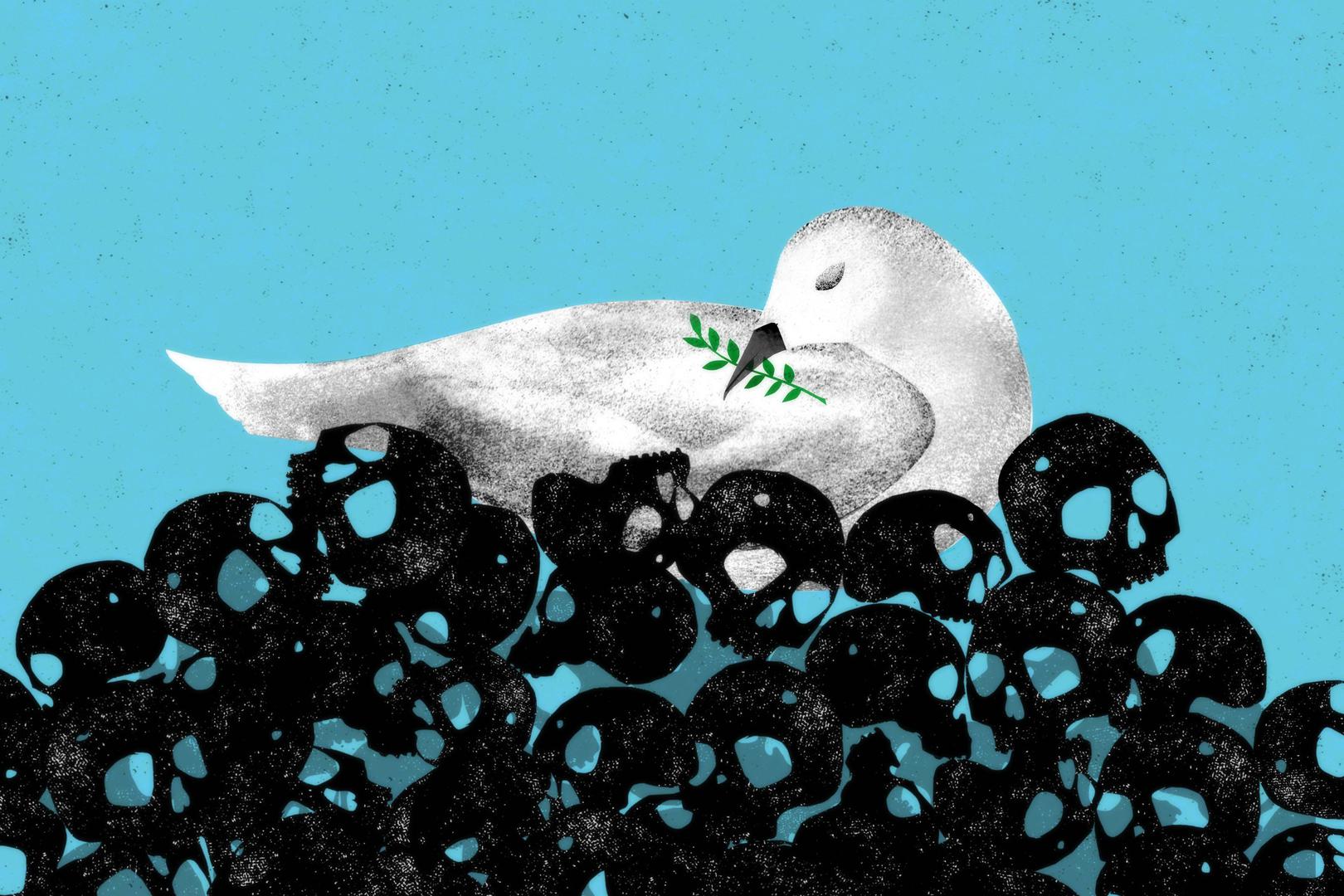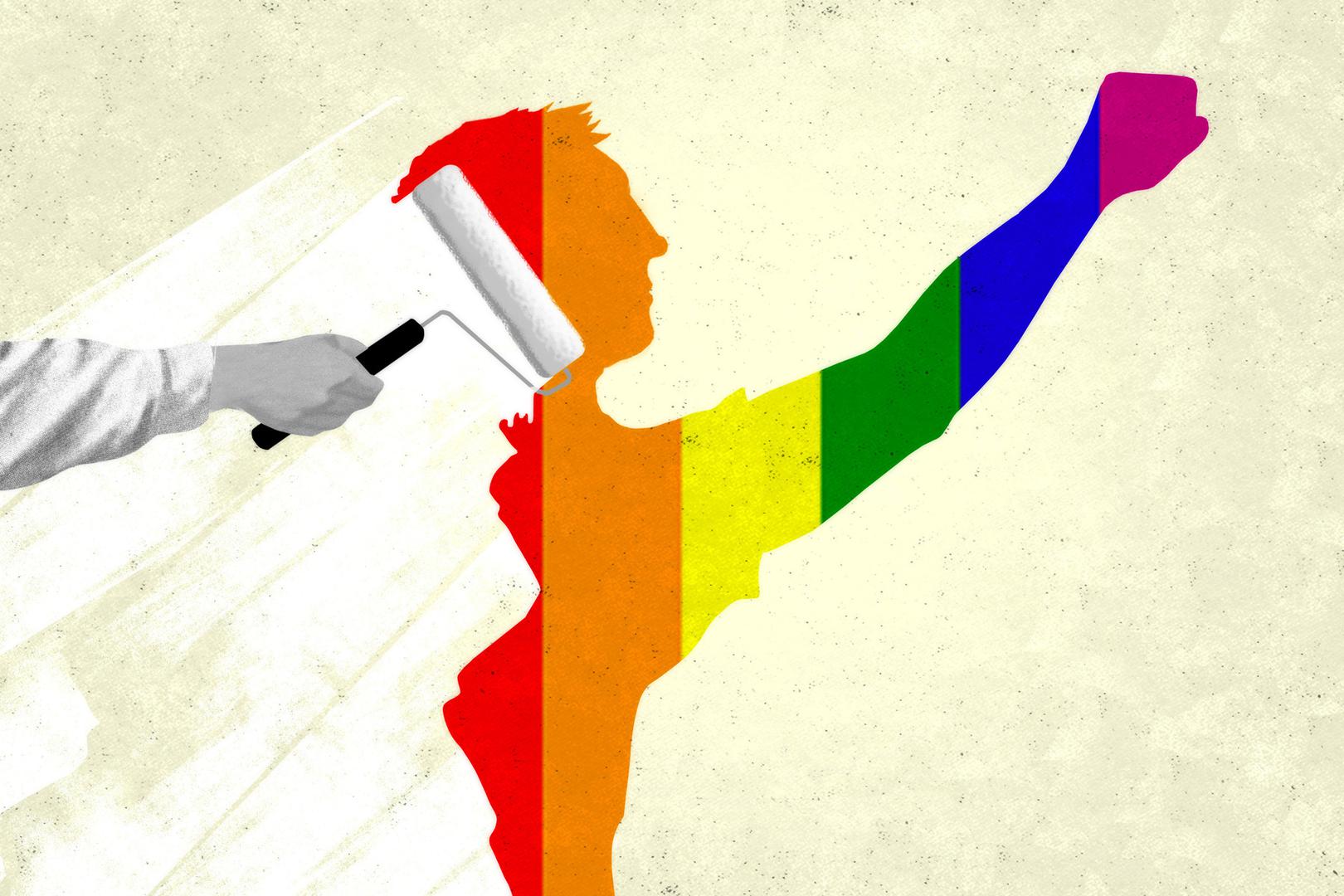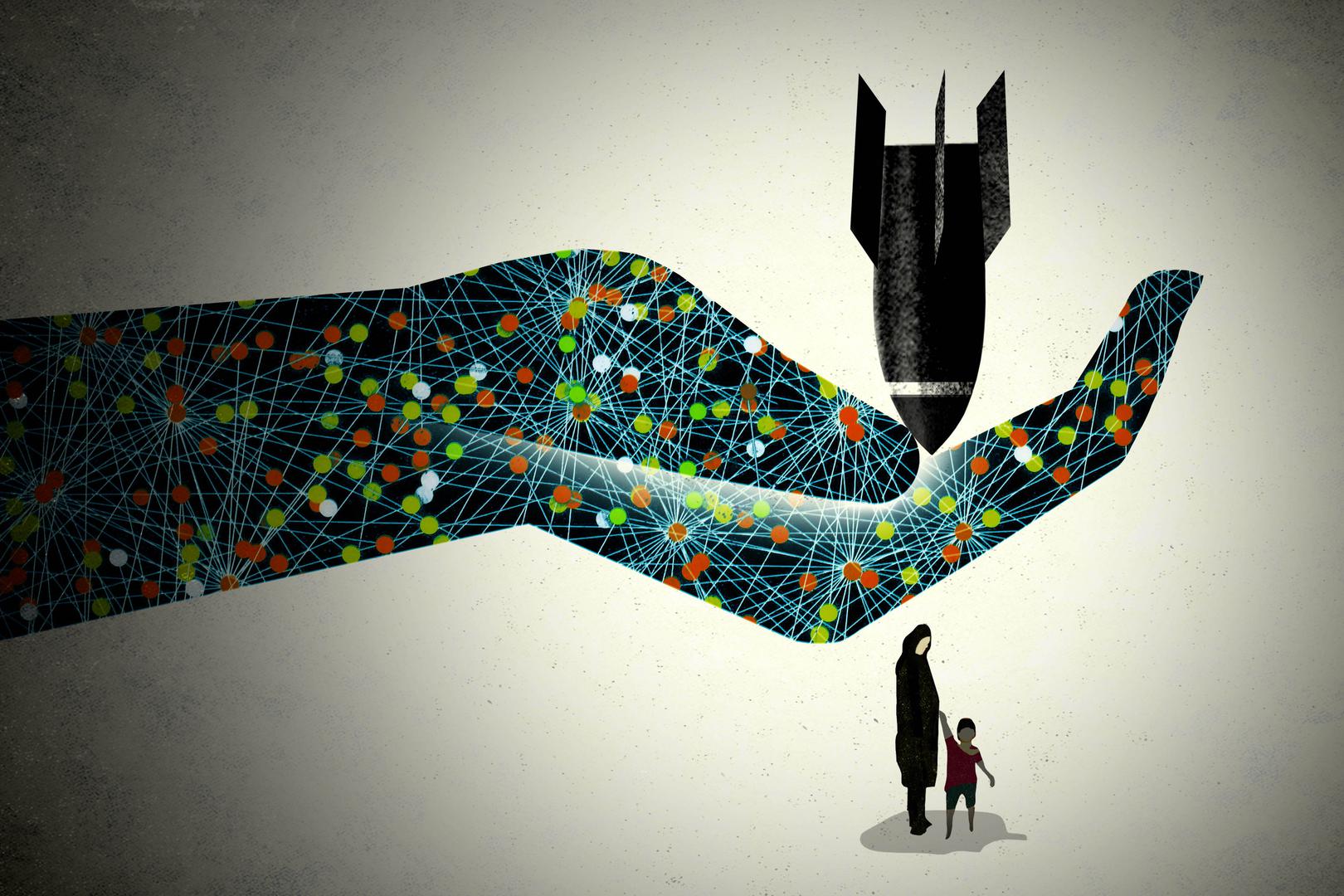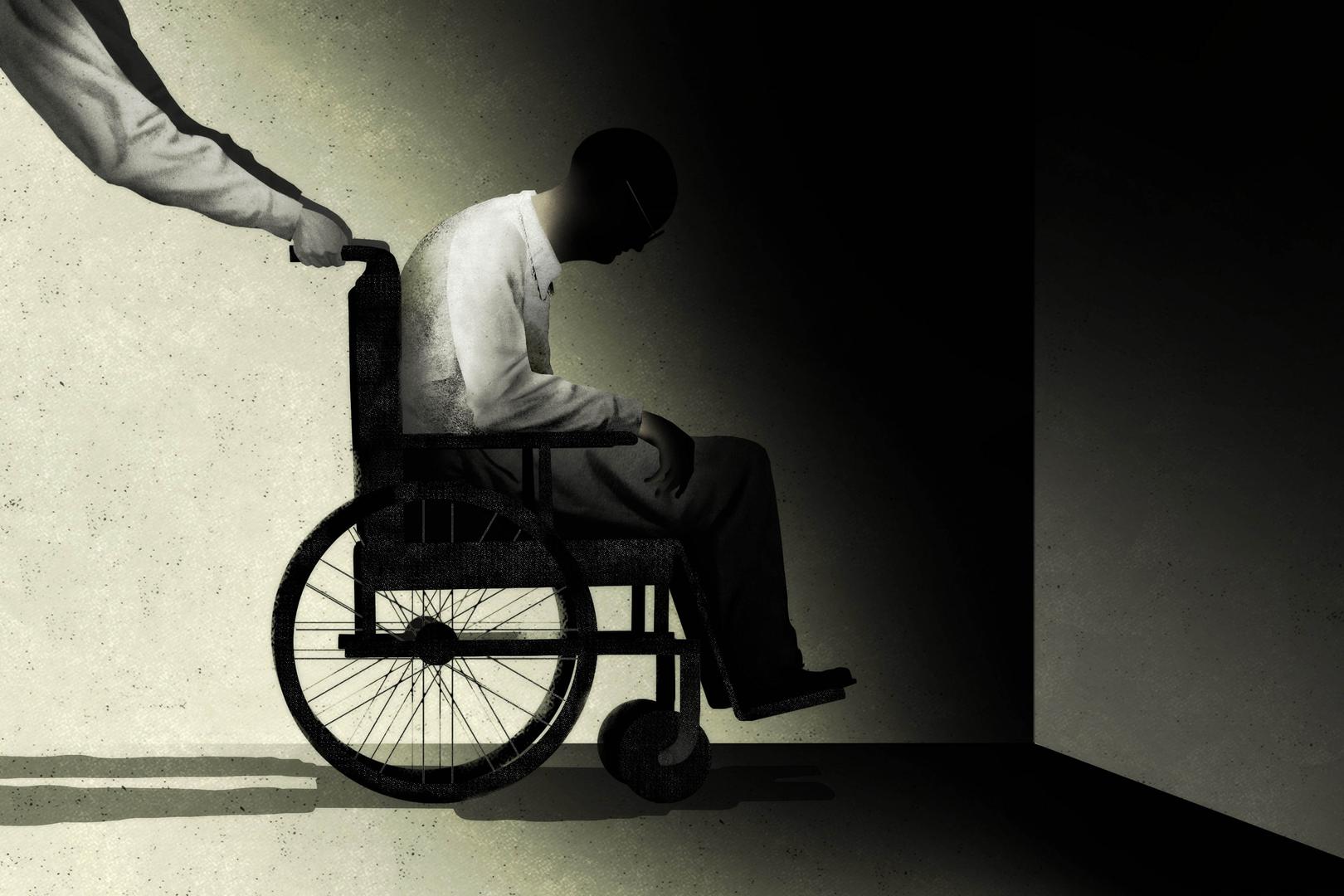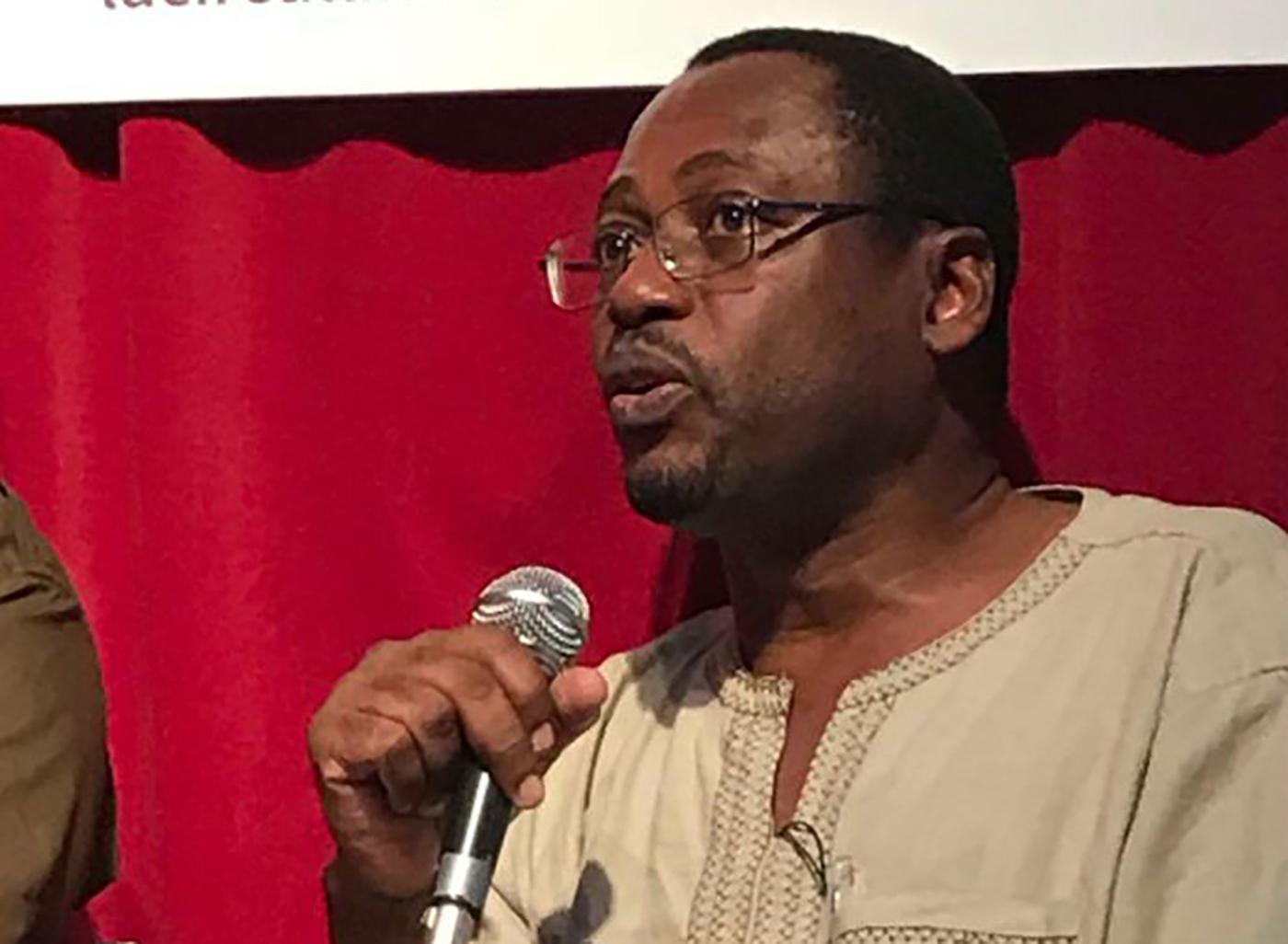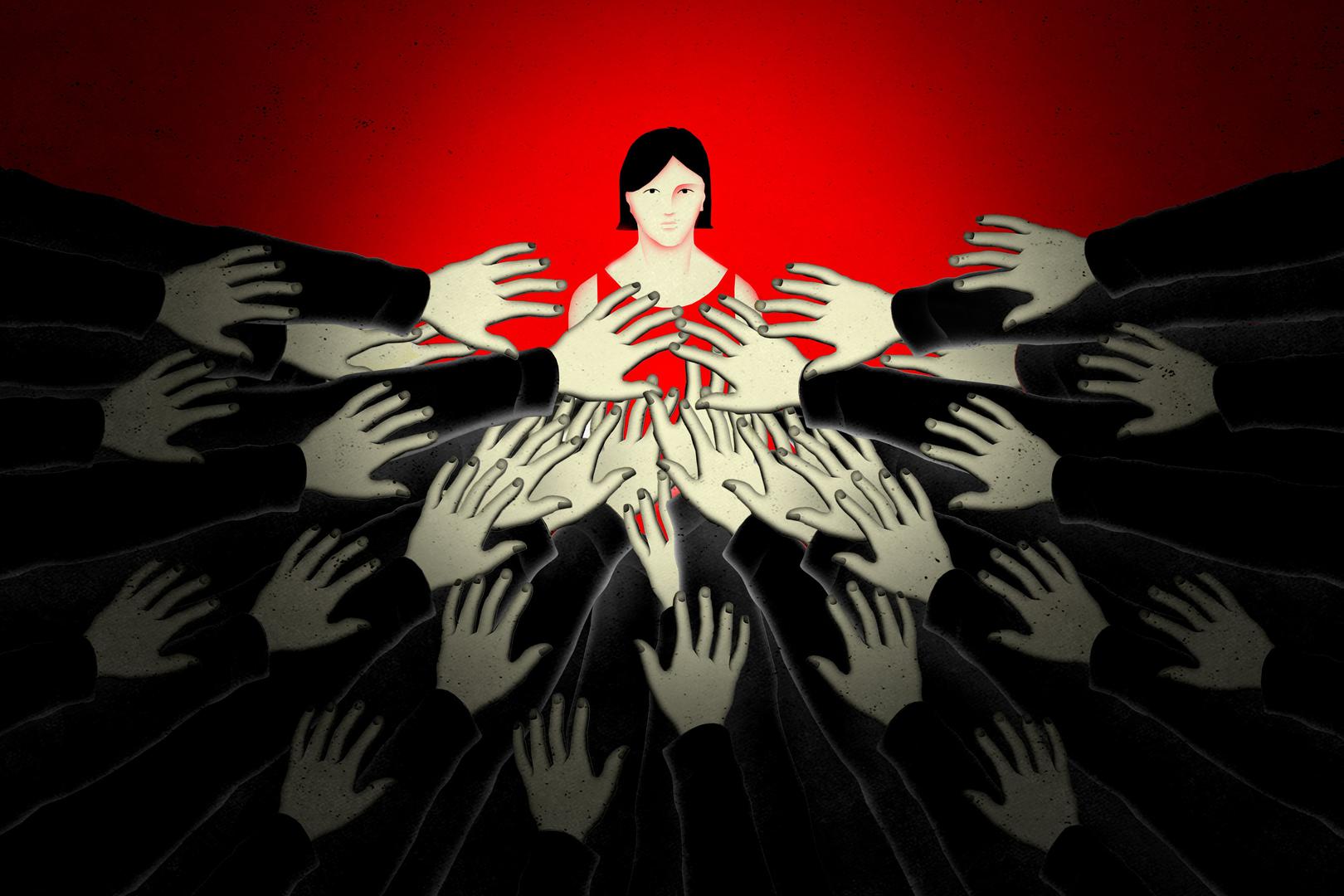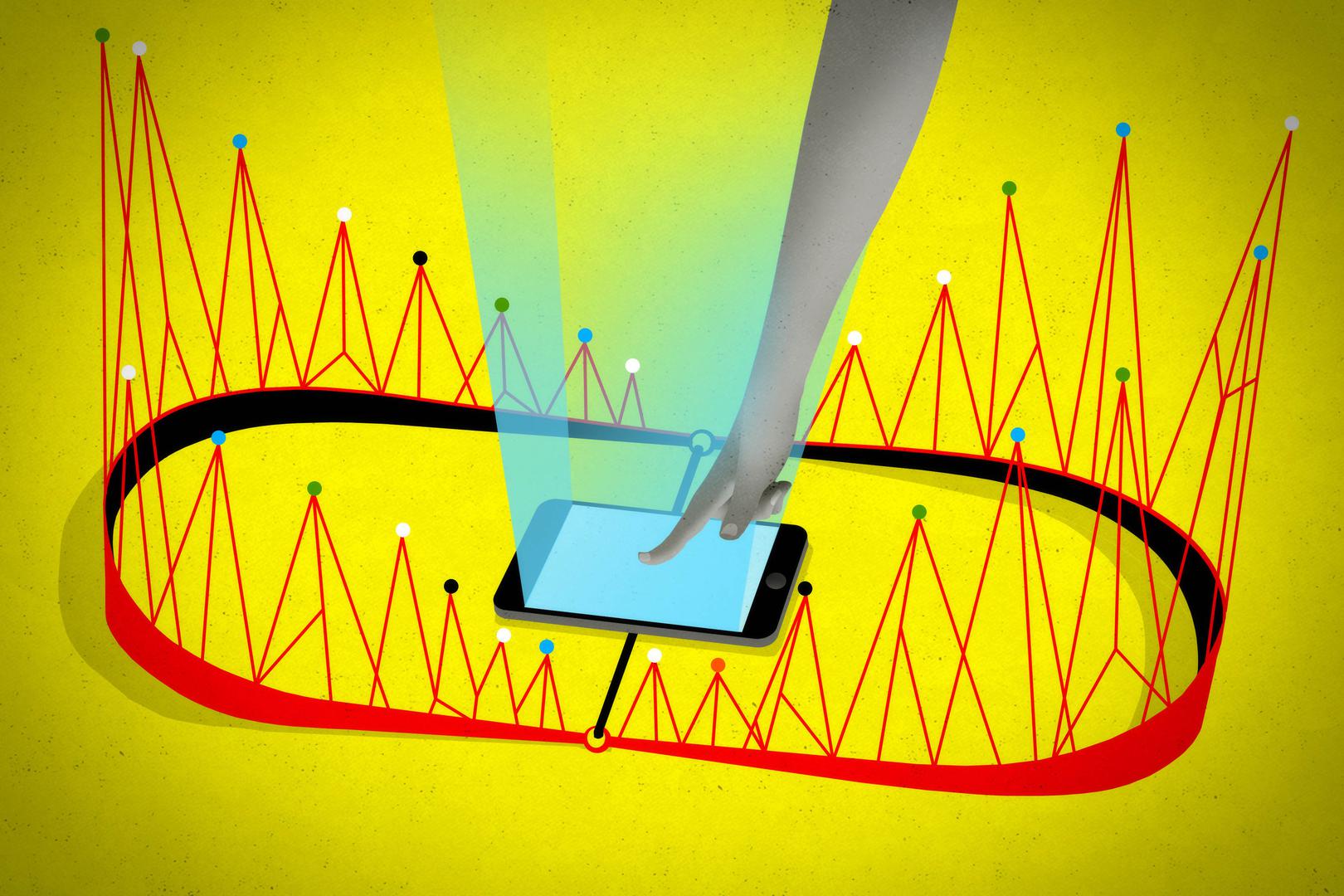Impunity for violent crime and human rights violations remain serious problems in Bolivia. The administration of President Evo Morales has created a hostile environment for human rights defenders that undermines their ability to work independently.
Despite recent legal reforms, extensive use of pretrial detention—combined with trial delays—undermine defendants’ rights and contribute to prison overcrowding. Threats to judicial independence, violence against women, and child labor are other major concerns.
A 2013 Constitutional Court ruling allowed President Evo Morales to run for a third term, although the constitution, at the time, limited presidential re-election to two five-year terms. In a 2016 national referendum, voters rejected changing the constitution to allow President Morales to run a fourth time, but in November 2017, the Constitutional Court struck down limits on re-election altogether, which will allow President Morales to run for a fourth term in 2019.
Impunity for Abuses and Violent Crime
Bolivia has prosecuted only a few of the officials responsible for human rights violations committed under authoritarian governments from 1964-1982, partly because the armed forces have at times refused to give information to judicial authorities about the fate of people killed or forcibly disappeared.
A truth commission established by the government in August 2017 to carry out non-judicial investigations of grave human rights abuses committed during that period continued to operate in 2018. The commission, which will provide information to prosecutors and judges trying to convict those responsible for abuses, was originally required by law to publish a report on its findings by August 2019, but in May the Plurinational Assembly—the country’s legislature—allowed the president to extend the deadline by one year.
Impunity has led to mob attacks, or lynchings, of alleged criminals. In May, a mob of motorcycle taxi drivers in Cochabamba killed 19-year-old Edson Soria, whom they believed had stolen several motorcycles, according to press reports.
Judicial Independence
The government has sought to reform the Bolivian justice system, which has been plagued by corruption, delays, and political interference for years. While reforms are certainly called for, current efforts pose a serious risk to judicial independence in the country.
In 2016, members of the three branches of government, as well as civil society groups and other stakeholders, discussed proposals during a “National Justice Summit.” The summit’s recommendations included reforming the selection process for high court judges, creating a new body to supervise judges, and assessing the work of current judges and prosecutors.
In 2017, Congress created a commission to oversee implementation of the recommendations. The commission has broad powers, including “controlling” the appointment of new judges and carrying out “all other actions necessary” to implement the recommendations. Five of the commission’s nine members are either supporters of Morales in the Plurinational Assembly or government officials directly appointed by him.
In March 2018, the commission participated in a process to appoint 77 appellate court judges, although the Bolivian Constitution assigns that task to a magistrate’s council that is required to be independent of the executive branch.
In 2017, the Magistrate’s Council ruled that all the judges who were appointed before the 2009 constitution was enacted were to be considered transitory and could be summarily removed by the council. In May 2017, the council summarily removed 88 judges.
In December 2017, voters elected high court judges and members of the Magistrate’s Council from lists created by the Plurinational Assembly, where the Morales’s Movement for Socialism party has a two-thirds majority. According to the Due Process of Law Foundation (DPLF), more than half of the elected judges and officials had worked for the Morales administration.
A Supreme Electoral Tribunal decision on whether President Morales could register as a candidate for the 2019 presidential election remained pending at time of writing. In November, Gerardo García, the vice president of the Movement for Socialism, said that the court would have to “bear the consequences” if it did not allow Morales to run.
Due Process and Prison Conditions
Around 70 percent of all Bolivians in detention have not been convicted of a crime. Extended pretrial detention and trial delays overcrowd prisons and lead to poor and inhumane conditions. By mid-2018, more than 16,000 inmates were packed into prisons built to hold a maximum of around 5,000.
In March 2018, seven prisoners died during a police operation in Palmasola prison in Santa Cruz. The government said the operation sought to recover control of the prison from criminal organizations.
Presidential decrees adopted between 2012 and 2018 allow the president to reduce the sentences of those convicted of minor crimes and drop charges against those held in pretrial detention for minor crimes. Official figures reveal that more than 5,000 people have benefited from such decrees.
The Attorney General’s Office has repeatedly used a 2010 anti-corruption law to prosecute alleged crimes committed before the law was enacted. International human rights law, however, prohibits such retroactive application of changes to criminal law, unless doing so is beneficial to the defendant.
In October 2016, the Attorney General’s Office used the law to charge businessman and opposition leader Samuel Doria Medina with “anti-economic conduct” for allegedly transferring US$21 million from the government to a private foundation when he was planning minister in the government of President Jaime Paz Zamora in 1992.
In May 2015, Jorge “Tuto” Quiroga, former president of Bolivia and current opposition leader, was charged with “anti-economic conduct.” Prosecutors argued that officials in his administration harmed the “interests of the state” by signing four oil agreements with foreign companies.
In July 2018, the Attorney General’s Office asked the Plurinational Assembly to try Carlos Mesa, also a former president of Bolivia and current opposition leader, for harming the “interests of the state” when his administration expelled the Chilean company Quirobax from the country in 2004. In 2015, the International Centre for Settlement of Investment Disputes (ICSID) had awarded Quirobax compensation for being expelled from Bolivia.
In September, President Morales granted amnesty to former Presidents Quiroga and Mesa.
Human Rights Defenders
Human rights defenders continue to face harassment, including from government officials, which undermines their ability to work independently.
A law and decree that President Morales signed in 2013 grants the government broad powers to dissolve civil society organizations. Under the decree, any government office may request that the Ministry of Autonomy revoke the permit of a nongovernmental organization (NGO) if it performs activities other than those listed in its bylaws, or if the organization’s legal representative is criminally punished for carrying out activities that “undermine security or public order.”
The decree also allows the Plurinational Assembly to request the revocation of an NGO’s permit in cases of “necessity or public interest.” These measures give the government inappropriately wide latitude to interfere with the operation of independent civil society groups.
Bolivian officials have repeatedly accused rights groups of engaging in an international conspiracy against the government, but have failed to present evidence to support such claims.
Freedom of Expression
While public debate is robust, the Morales administration periodically lashes out at journalists, accusing them, without presenting evidence, of publishing lies and politically motivated distortions. The government has repeatedly accused media of participating in an international conspiracy against Bolivia and the president.
Bolivia lacks transparent criteria for using government funds to purchase media advertisements—an important source of media revenue—and some media outlets have accused the government of discriminating against those who criticize government officials by withholding advertising from them.
Indigenous Rights
The 2009 constitution includes comprehensive guarantees for indigenous groups’ rights to collective land titling, intercultural education, prior consultation on development projects, and protection of indigenous justice systems.
Indigenous peoples’ right to free, prior, and informed consent (FPIC) regarding legislative or administrative measures that may affect them is not fully enshrined in Bolivian legislation. One current mining law limits FPIC to the exploitation phase of land concessions, but international standards call for FPIC through all stages of projects that affect indigenous peoples’ rights to land and natural resources.
In May 2017, President Morales signed a bill that authorizes the building of a highway in the Isiboro Secure National Park and Indigenous Territory. The law is based on a 2012 consultation with local indigenous groups, which some rights groups say was not fully free or fair.
Gender-Based Violence and Reproductive Rights
Women and girls in Bolivia remain at high risk of gender-based violence, despite a 2013 law that sets forth comprehensive measures to prevent and prosecute violence against women. The law created the crime of “femicide” (the killing of a woman in certain circumstances, including of domestic violence) and called for the establishment of shelters for women as well as special prosecutors and courts for gender-based crimes. The National Police reported over 100 “femicides” in 2017.
Women and girls face numerous obstacles to accessing sexual and reproductive health services, including contraceptives.
Under Bolivian law, abortion is not a crime when the pregnancy is due to rape or if the procedure is necessary to protect the life or health of a pregnant woman or girl. In December 2017, the Plurinational Assembly passed government-sponsored criminal reform that would significantly eased abortion restrictions.
But, in response to protests, the assembly abrogated the bill in January 2018, before it took force. The law would have fully decriminalized abortion for girls. It would have allowed women to end pregnancies in a range of circumstances, including if their lives or health are at risk; if the pregnancy is the result of rape; and if the fetus suffers from severe conditions not compatible with life outside the womb.
Child Labor
In February 2018, the Constitutional Court abrogated a provision in a 2014 law that had allowed children as young as 10 to work in activities that are not deemed “dangerous” or “unhealthy.” The law contravened international standards and had made Bolivia the first country in the world to legalize employment at such a young age.
Sexual Orientation and Gender Identity
In 2016, the Plurinational Assembly passed a bill that allows people to revise the gender listed on their identification documents without prior judicial approval.
However, in November 2017, the Constitutional Court ruled that revision of gender did not grant the right to marry a person of the same biological sex.
Same-sex couples are not allowed to marry or engage in civil unions. Bolivia’s 2009 constitution defines marriage as the union of a man and a woman.
Key International Actors
In April 2018, the UN Human Rights Committee found that Bolivia violated the human rights of two former members of the Bolivian parliament by disqualifying them as candidates for the positions of mayors in 2015 subnational elections.
Also in April, the Inter-American Commission on Human Rights accepted a case concerning the April 2009 killing of two Hungarians (one of Bolivian birth) and an Irishman, whom the government alleged were mercenaries involved in a separatist plot. Police shot them dead after storming their hotel rooms in Santa Cruz. President Morales tweeted that admitting the case meant that the commission “was a defender of terrorism and separatism.”
In June, the Morales administration nominated Nardi Suxo, its former minister of transparency and ambassador to the United Nations, to become a judge on the Inter-American Court of Human Rights, but her candidacy was defeated in the General Assembly of the Organization of American States.
